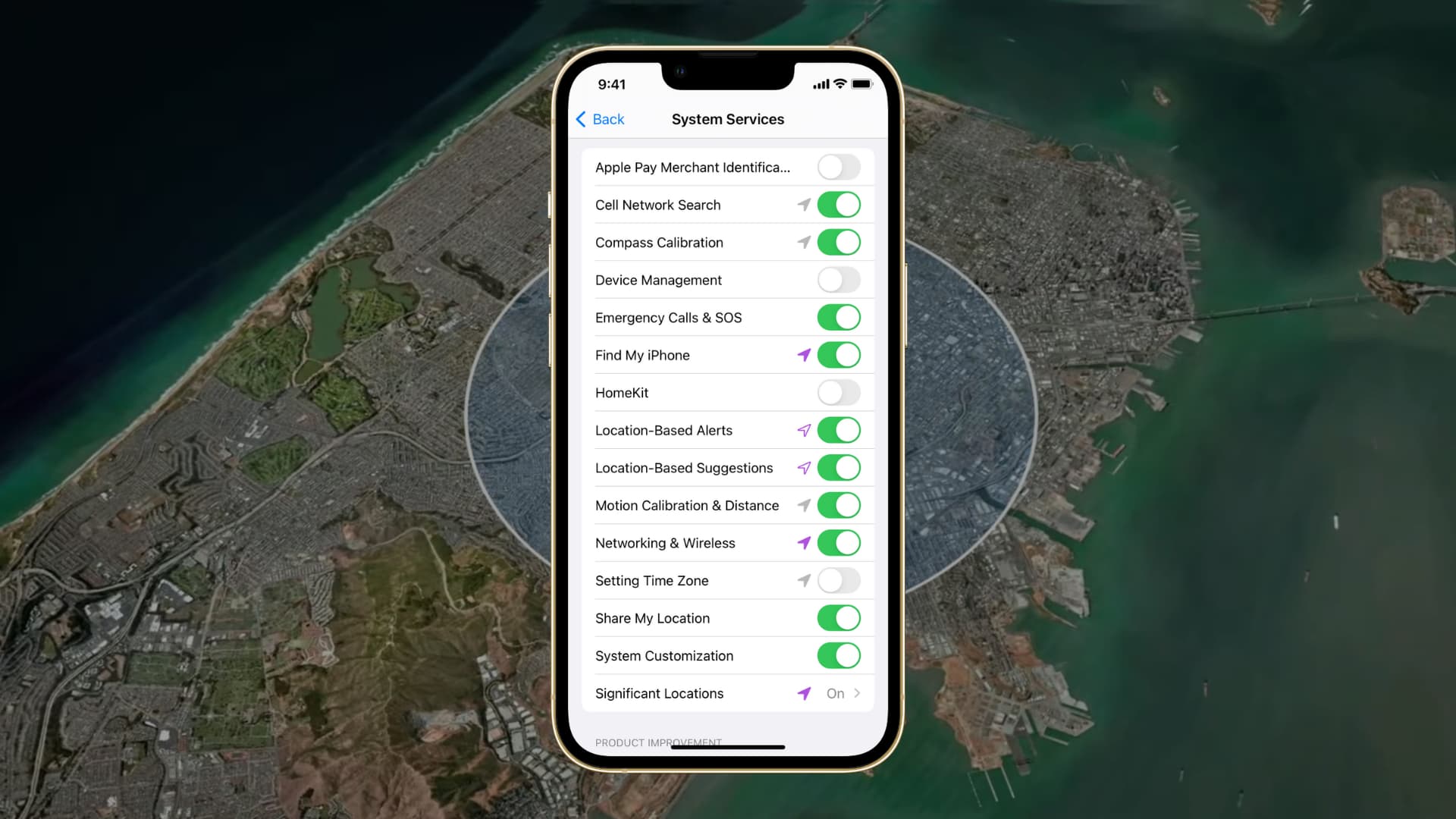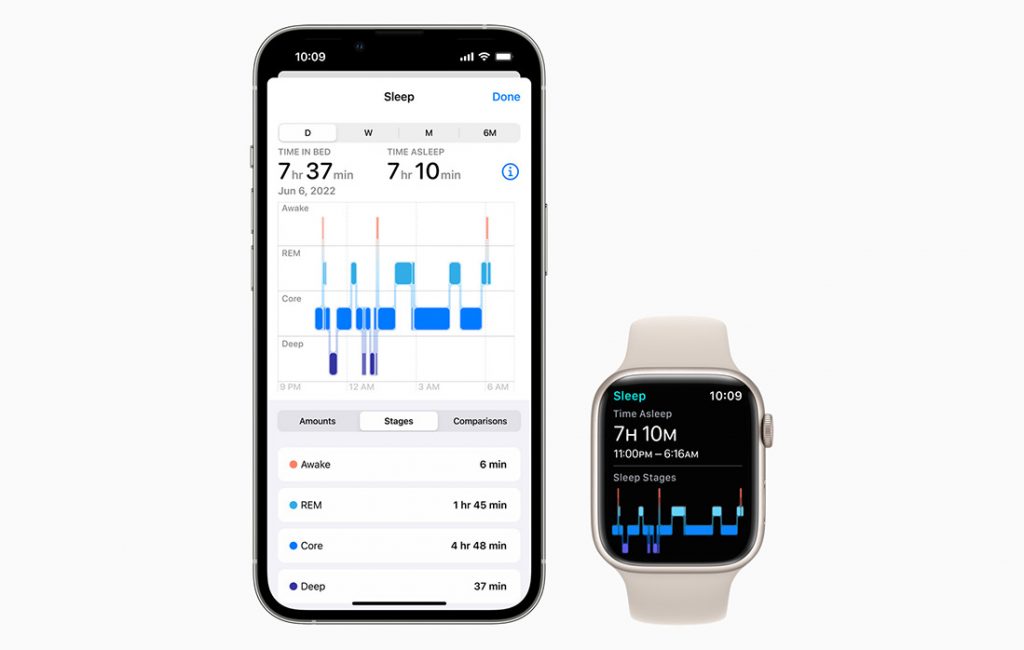Location tracking has become increasingly common in the digital age, with iPhones providing some of the most sophisticated and accurate location services available. But how can you be sure that your iPhone is accurately tracking your position? This article will provide an assessment of the accuracy of iOS location tracking, examining how it works and offering tips for improving its performance.
Through a combination of detailed analysis and practical considerations, this guide provides essential information to help users maximize their devices capabilities while safeguarding their privacy.
Overview of the iOS Location Services
 The iOS location services are an integral part of Apple\’s mobile operating system.
The iOS location services are an integral part of Apple\’s mobile operating system.
Using a combination of GPS, Wi-Fi, and cellular data connectivity, these services provide users with accurate and up-to-date location information when needed. By using this technology, users have access to features such as Find My Friends and Maps that allow them to easily locate their friends or destination points on a map.
The accuracy of these services can be assessed by taking into account factors like the signal strength from nearby cell towers or WiFi networks as well as any other sources of positioning data available at the time. In addition to providing great convenience for everyday use cases, this technology also has implications on privacy since it can be used to track user movements over long periods of time without their knowledge.
This article will explore how exactly iOS Location Services work and discuss some methods for evaluating its accuracy in order to help you make better decisions about where you share your location information with others.
Evaluating the Accuracy of iOS Location Services
Evaluating the accuracy of iOS location services is a critical aspect of understanding how our iPhones are utilized. Apple has made significant strides in ensuring that its users have access to accurate location data, and this article will provide an assessment of just how effective these measures are.
Well, look at the various features built into iOS that attempt to guarantee accuracy and examine their success rate in providing reliable results. Additionally, we\’ll discuss potential areas for improvement when it comes to keeping track of your phone\’s whereabouts.
Ultimately, with a better understanding of what goes on behind the scenes when using apps like Maps or Find My iPhone, you can be more confident knowing exactly where your device is located at any given moment.
Potential Benefits and Drawbacks of GPS Tracking

The use of GPS tracking allows users to know the exact location, speed, direction, and altitude of their device at any given time. This can be a great asset for those who frequently travel or are prone to forgetful moments.
While this technology has proven helpful in countless scenarios some potential drawbacks could come with it as well. The obvious benefit is having an extra layer of security when traveling or going out alone.
Knowing where your device is located at all times can provide peace of mind should you ever become separated from it due to theft or other unfortunate circumstances. Additionally, you may also have the opportunity to track others if they give permission – providing insight into their whereabouts if needed.
Unfortunately, with every technological advancement comes certain risks associated with it; one being privacy violations and data collection without user consent. If used incorrectly GPS tracking could lead to an invasion of privacy as someone’s movements could be tracked without them knowing; allowing third parties access that should not otherwise be privy to such information.
Additionally Apples iOS accuracy has been questioned before so there is always the possibility that people may end up relying on inaccurate location data which can put them in danger rather than protect them from harms way like intended
Conclusion
The accuracy of an iPhone’s tracking capabilities can be tested using various services and tools. AnyGo is a great example: it allows users to measure the precision of their devices location data with pinpoint accuracy. By utilizing this feature, one can ensure that their phone is collecting accurate information for mapping purposes or other GPS-related tasks.
Ultimately, understanding the capability of your iPhones location tracking technology can help you make informed decisions about how to use your device in the future.







